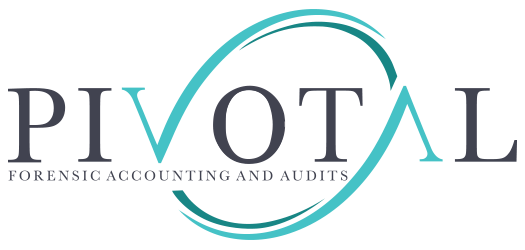Accounting,Business,Business Consultant,Corporations,Department of Revenue,Government,In the news,Washington Administrative Code
Existing Contracts and Washington’s New Sales Tax Rules (ESSB 5814): What Your Business Needs to Do Now
Updated: August 29, 2025 • Effective date to watch: October 1, 2025
SOURCE:
Washington’s Department of Revenue (DOR) issued interim guidance explaining how to handle contracts signed before October 1, 2025 that continue past that date, in light of the sales-tax changes enacted by ESSB 5814. Bottom line: some service contracts that previously fell only under Service & Other B&O will become retail sales subject to retailing B&O and retail sales tax—but timing depends on when you signed, whether you’ve been paid, and whether you alter the contract.
Who is newly subject to retail sales tax?
Beginning October 1, 2025, Washington will treat several services as retail sales, including (non-exhaustive):
-
Advertising services
-
Live presentations (in person or real-time online)
-
Information technology services
-
Custom website development
-
Investigation, security, and armored car
-
Temporary staffing
-
Custom software and customization of prewritten software (including certain SaaS-style access)
What counts as an “existing contract”?
For the interim relief to apply, a contract must meet all of the following:
-
Executed before October 1, 2025
-
Covers services performed on or after October 1, 2025
-
Involves services that become “retail sales” under ESSB 5814
Three common situations—and how tax applies
1) Paid in full before October 1, 2025, with services performed after that date
The sale is treated as occurring before October 1, 2025. Report under the pre-ESSB 5814 classification (typically Service & Other B&O) and do not collect retail sales tax on that amount. Your accounting method (cash vs. accrual) does not change this outcome.
2) Not paid before October 1, 2025, and the contract is left unchanged
You may continue reporting under the pre-ESSB 5814 treatment through March 31, 2026. For periods on or after April 1, 2026, you must switch to retailing B&O and collect sales tax on receipts from that contract. You can elect to switch earlier (as of October 1, 2025); if you do, you must begin collecting sales tax from that point forward.
3) Contract is “altered” on or after October 1, 2025
A material or substantive change—such as changing parties, scope, term, price, or obligations—triggers the new rules immediately as of the alteration date. Non-material edits (for example, updating a notice email address) do not trigger the change.
Practical checklist for Washington businesses
-
Inventory your contracts now. Flag anything signed before October 1, 2025 that runs past that date and falls into a newly taxable category.
-
Avoid unintended “alterations.” If you plan to rely on the interim relief through March 31, 2026, be cautious about amendments that could be considered material (scope, term, fees, parties).
-
Choose your transition date. Either (a) adopt retail sales tax as of October 1, 2025, or (b) use the interim relief and switch no later than April 1, 2026 for qualifying existing contracts. Consider billing cycles, client communication, and system readiness.
-
Update invoicing and accounting. Add sales-tax language, set the retailing B&O classification, and configure your tax codes and software for the newly taxable services.
-
Communicate with clients. Explain the change, cite the effective date you are using, and include clear tax details on invoices and SOWs.
-
Document your position. Retain execution dates, payment dates, contract versions, and correspondence for audit support.
Industry spotlights we’re helping clients navigate
-
Agencies & in-house marketers: Many advertising services become retail sales. Watch exclusions and apply the correct sourcing.
-
IT & web firms: IT services and custom website development move into retail sales; custom software and customization of prewritten software provided to consumers are in scope, including certain access-right models.
-
Events & trainers: Live presentations—in person or synchronous online—are affected; review resale scenarios and how “audience” is defined in your offerings.
-
Security & staffing: Investigation/security/armored car and many temporary staffing services are impacted; check any industry-specific carve-outs.
How Pivotal Forensic Accounting & Audits can help
We’re guiding Washington organizations through contract triage, billing transitions, and policy updates related to ESSB 5814. If you’d like a quick review of your contract portfolio—or a client-notification script—reach out and we’ll tailor a transition plan that keeps you compliant with minimal disruption.
This article provides general information and is not legal or tax advice. Consider your specific facts and consult a professional before making decisions.
Pivotal Forensic Accounting & Audits — Tacoma, Washington


